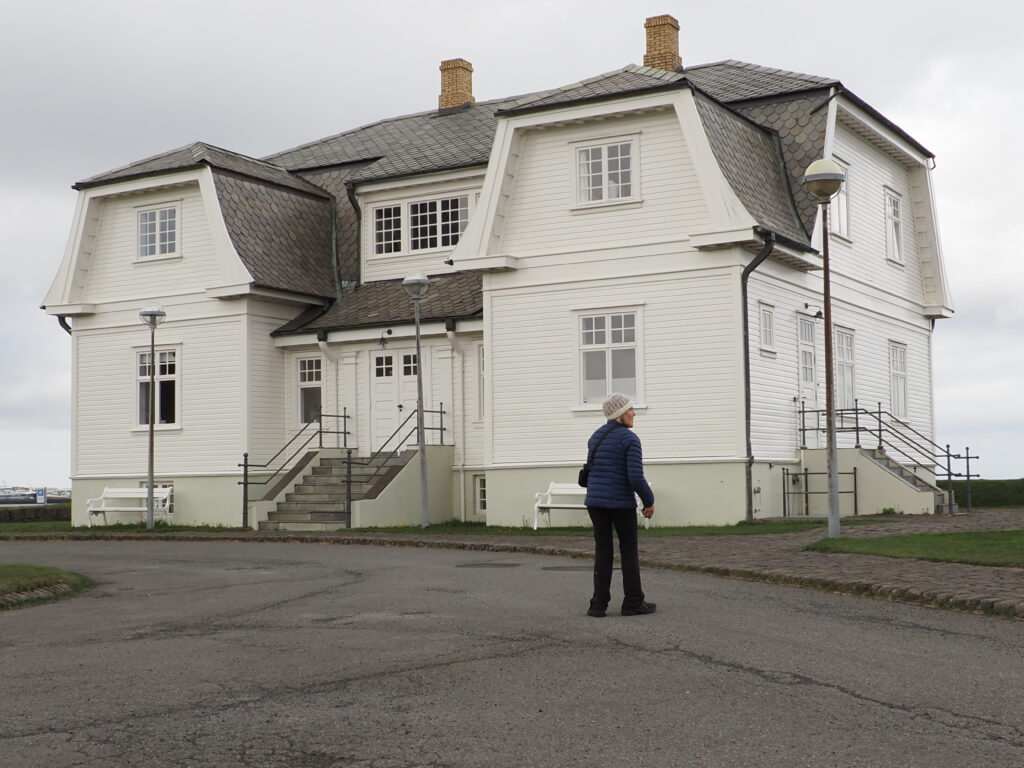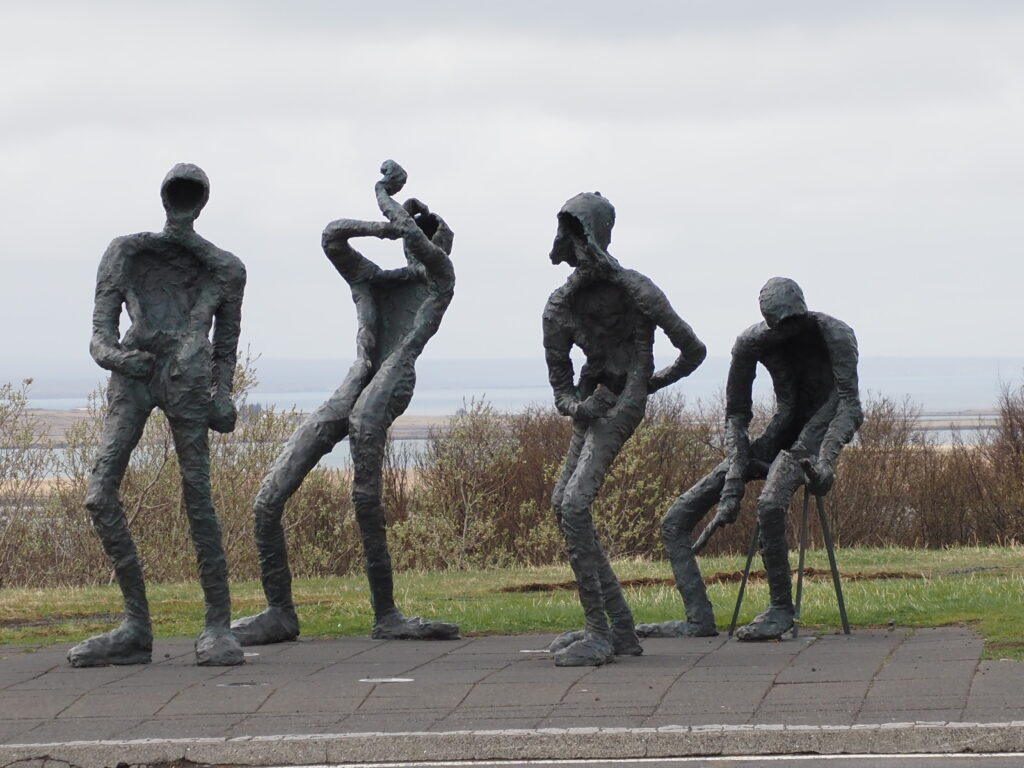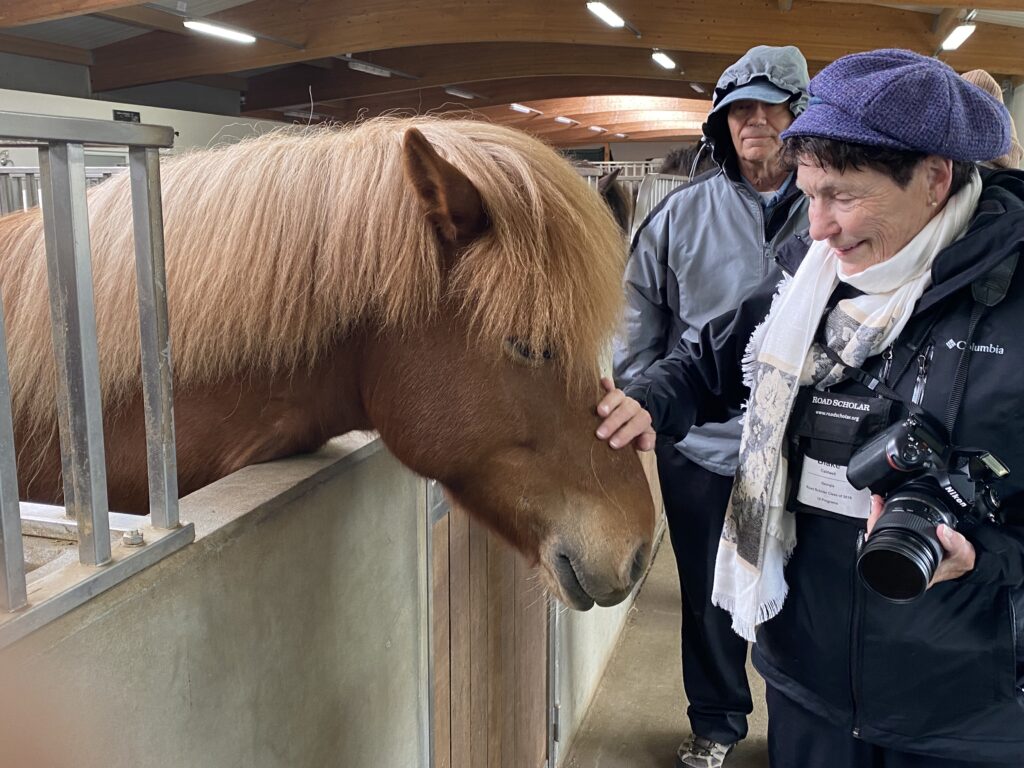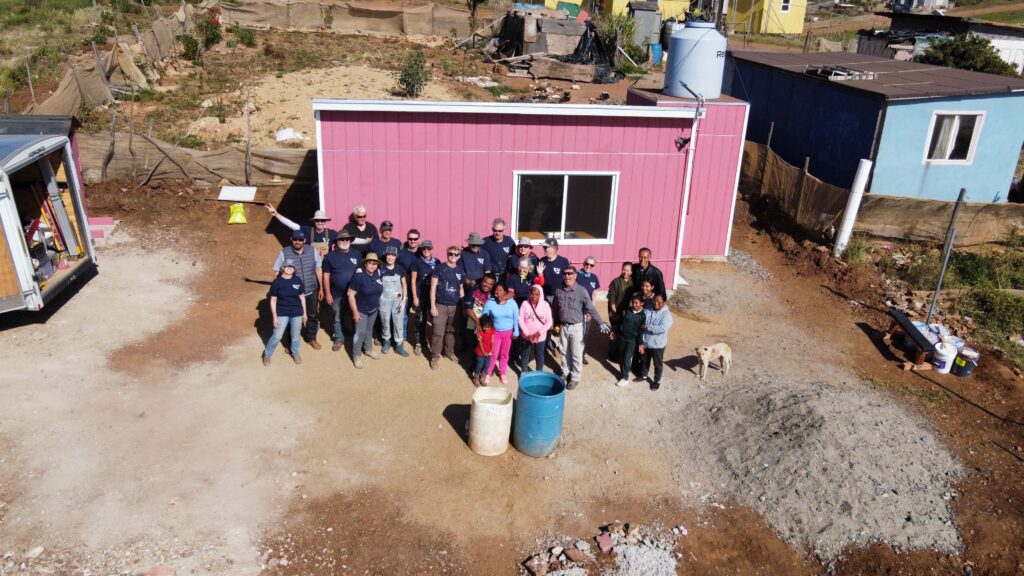Before you go on, an article in the May 8 & May 22, 2021 issue of Science News ran with a cover "Awash in Deception: How science can help us avoid being duped by misinformation." In the lead article titled: "The Battle Against Fake News," Alexandra Witze presents five suggestions on how to debunk bad information. They come from the News Literacy Project (see the above link).
How to Debunk:
1. Arm yourself with media literacy skills, at sites such as the News Literacy Project (newslit.org), to better understand how to spot hoax videos and stories.
2. Don't stigmatize people for holding inaccurate beliefs. Show empathy and respect, or you're more likely to alienate your audience than successfully share accurate information.
3. Translate complicated but true ideas into simple messages that are easy to grasp. Videos, graphics and other visual aids can help.
4. When possible, once you provide a factual alternative to the misinformation, explain the underlying fallacies (such as cherry- picking information, a common tactic of climate change deniers.
5. Mobilize when you see misinformation being shared on social media as soon as possible. If you see something, say something.
"Misinformation is any information that is incorrect, whether due to error or fake news.
"Disinformation is deliberately intended to deceive."
"Propaganda is disinformation with a political agenda."
Sander van der Linden
Social Psychologist
University of Cambridge
Source: Science News/May 8, 2021 & May 22, 2021
Update: September 22, 2023: This is more important now than ever. Be vigilant and speak in your own way. Love Wins.
In the spirit of how to debunk misinformation and disinformation, I encourage you to examine The Financial Services Forum, The American Accountability Foundation, The Epoch Times, Fox News, and One America Network(OAN), among others, using the media literacy skills taught by the News Literacy Project from #1 above under "How to Debunk." Click on the News Literacy Project link to start your work.
Qualifier: This post was written by Chat GPT from the prompt: First they came for me..." In reality, the poem starts "First they came for the Socialists," but the AI knew my intentions and wrote the gist of what I intended to write. BH
In times of upheaval and uncertainty, we often turn to history to understand our present. There’s a chilling poem by Pastor Martin Niemöller, reflecting on the consequences of staying silent in the face of injustice: “First they came for the socialists, and I did not speak out—because I was not a socialist…”
These words resonate powerfully today, reminding us of the dangers of apathy and complacency in the face of oppression. The poem captures a universal truth about human rights and societal responsibility: that the erosion of one person’s rights threatens the freedoms of all.
The poem’s message is timeless because it speaks to a fundamental truth about the human condition: our interconnectedness. It reminds us that our fates are intertwined, and that when any group is targeted unjustly, we must speak up—not out of fear that we might be next, but out of a shared commitment to justice and humanity.
First they came for the Communists
And I did not speak out
Because I was not a Communist
Then they came for the Socialists
And I did not speak out
Because I was not a Socialist
Then they came for the trade unionists
And I did not speak out
Because I was not a trade unionist
Then they came for the Jews
And I did not speak out
Because I was not a Jew
Then they came for me
And there was no one left
To speak out for me
History has shown us countless examples of what can happen when good people remain silent. From authoritarian regimes to systemic discrimination, the consequences of indifference can be devastating. But it also shows us the power of collective action and solidarity in defending human rights.
In today’s world, where issues of justice, equality, and freedom are as pertinent as ever, “First they came for me” serves as a poignant reminder. It challenges us to reflect on our own roles in shaping society and asks us to consider what we are willing to stand up for.
Each of us has a voice, and each of us has a choice. We can choose to speak out against injustice, to support those whose rights are under threat, and to advocate for a more just and inclusive world. Or we can choose silence, hoping that the storm will pass us by.
But as history has shown us, silence is not neutral. It is a choice—one that can have profound consequences. It is a choice to look the other way, to ignore the suffering of others, and to abdicate our responsibility as members of a global community.
“First they came for me” challenges us to confront our fears and to recognize our shared humanity. It calls on us to stand together against oppression and to defend the rights of all people, regardless of race, religion, nationality, or political beliefs.
As we navigate the complexities of our modern world, let us remember the lessons of history. Let us heed the words of Pastor Niemöller and refuse to be silent in the face of injustice. Let us speak out, not because it is easy or comfortable, but because it is right.
Because, in the end, our silence will not protect us. It is our voices, united in solidarity and compassion, that have the power to change the world for the better.
So, let us be brave. Let us be bold. And let us never forget that when we speak up for others, we are also speaking up for ourselves.
Because, as Pastor Niemöller reminds us, “First they came for…”—and then, there was no one left to speak for me.



















